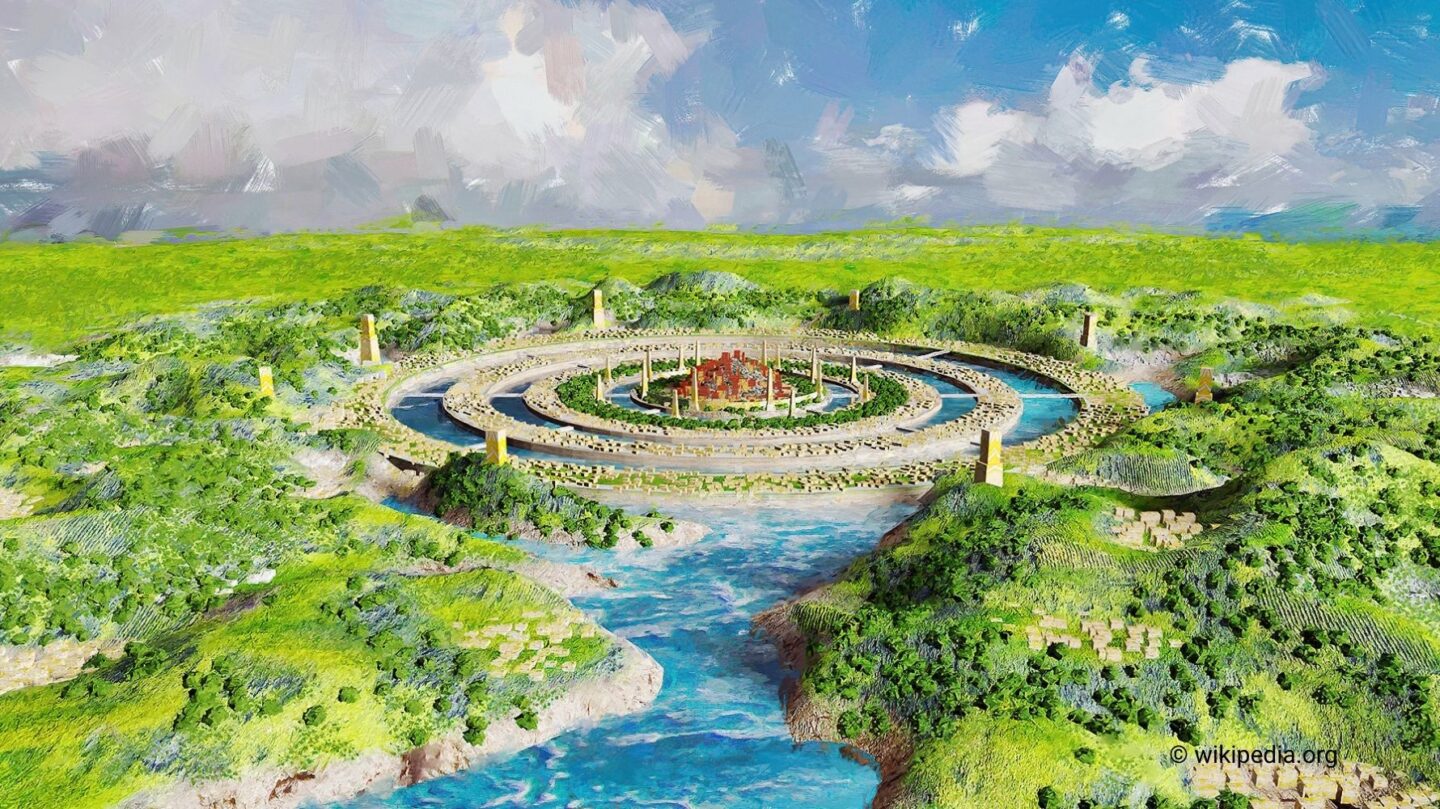The Origins of the Atlantis Legend
The tale of Atlantis has captivated imaginations for millennia. The legend originates from the writings of the ancient Greek philosopher Plato, who described Atlantis in his dialogues Timaeus and Critias around 360 BCE. According to Plato, Atlantis was a powerful and advanced civilization that existed approximately 9,000 years before his time. It was said to be a utopia with immense wealth, magnificent architecture, and advanced technology.
Plato wrote that Atlantis fell out of favor with the gods due to its greed and moral corruption. As punishment, the gods sent cataclysmic floods and earthquakes, submerging the island beneath the ocean in a single day and night. While many believe Plato intended Atlantis to be an allegory, others have speculated that it may be based on a real place.
Possible Locations of Atlantis
Over the centuries, countless theories have been proposed about the possible location of Atlantis. Some of the most popular hypotheses include:
- The Mediterranean: Several scholars suggest that Atlantis could be the Minoan civilization on the island of Crete. The Minoans were a highly advanced society that mysteriously declined around 1600 BCE, possibly due to a massive volcanic eruption on the nearby island of Thera (modern-day Santorini). This catastrophe aligns with Plato’s description of Atlantis’ sudden destruction.
- The Atlantic Ocean: Many believe that Atlantis existed in the Atlantic Ocean, beyond the Pillars of Hercules (modern-day Strait of Gibraltar), as Plato described. Some theorists propose that Atlantis could be near the Azores or Canary Islands.
- Other Locations: Alternative theories place Atlantis in Antarctica, South America, or even beneath the Sahara Desert. These ideas often rely on reinterpreting Plato’s texts or pointing to geological anomalies.
Despite these theories, no definitive evidence of Atlantis has ever been found, leading many to believe it is purely a myth.
The Search for Evidence
The search for Atlantis has inspired countless expeditions and scientific investigations. Advances in underwater archaeology and satellite imaging have allowed researchers to explore potential sites like submerged landmasses and ancient ruins. However, no discovery has conclusively proven the existence of Atlantis.
The allure of Atlantis has also attracted pseudo-scientific theories and speculative claims. Some suggest that Atlantis was an alien civilization or a lost world of advanced technology. While these ideas are popular in fiction, they lack credible evidence.
Atlantis in Popular Culture
The legend of Atlantis has permeated popular culture, appearing in books, movies, and TV shows. From Jules Verne’s 20,000 Leagues Under the Sea to Disney’s animated film Atlantis: The Lost Empire, the story continues to inspire creators and audiences alike. The enduring appeal of Atlantis lies in its mystery—a symbol of human ambition, hubris, and the quest for the unknown.
Myth or Reality?
Whether Atlantis was a real place or a creation of Plato’s imagination remains a topic of debate. For many scholars, Atlantis serves as a cautionary tale about the dangers of greed and moral decay. For adventurers and dreamers, it represents the ultimate lost treasure waiting to be discovered.
While we may never uncover definitive proof of Atlantis, its legend endures as a reminder of humanity’s fascination with the unknown. Whether fact or fiction, Atlantis continues to capture our curiosity, bridging the gap between history and mythology.
